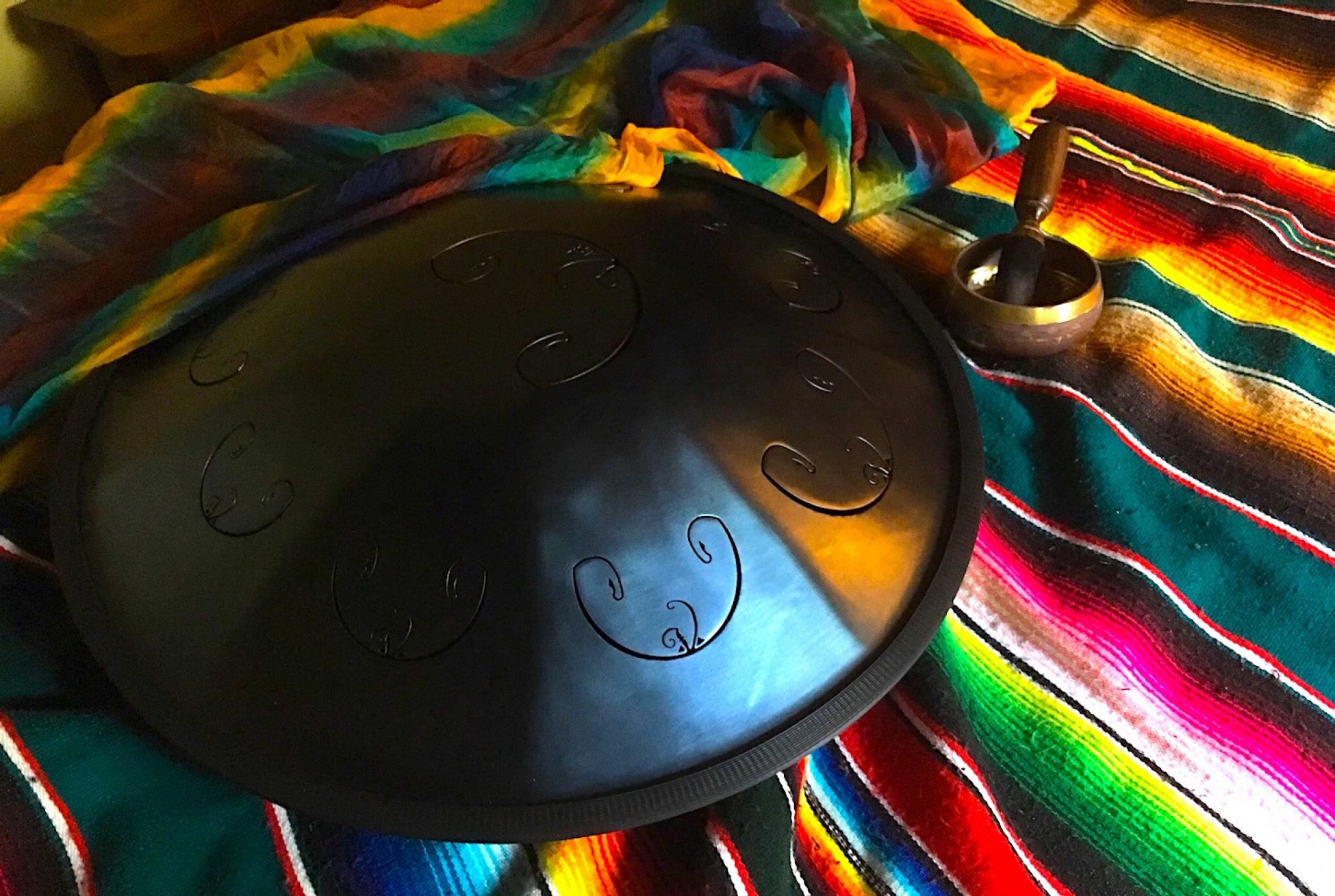Whatever you call them, troubadours, minstrels and balladeers all have two things in common: an instrument and a nomadic soul. I qualify on both counts.
Music has been a part of my life for as long as I can remember. Although I have never planned to make it my profession, music is something I was born with, and something I have always been attuned to: a sixth sense. For me, a drum or a flute is much more than something that I use to create a rhythm or play a tune. It is an extension of my mind—a thinking instrument. Music helps me not just to communicate my thoughts, but to formulate them in the first place.
Let me explain. My brain is wired in such a way that thoughts and ideas often seem to come to me in musical form. When I am writing a paper or an article, for instance, what I am trying to express has a certain beat to it, its own musical feel. I have then to translate this mental music into written words, and this is usually the hard part for me.
In the same sense, I often associate different phases or situations of my life to specific musical tones. In a way, to me, everything seems to have some kind of rhythm, some inner tune to dance to.
Wherever I happen to be, my music instruments enable me to communicate my feelings and thoughts in the most straightforward manner. An instrument enables me to share without going through the filter of words, which is a great advantage when you find yourself in the presence of strangers or people of other languages and cultures, as I often do. I wouldn’t dream of going anywhere in the world without a music instrument or two in my bag.
Music enables me to share without the filter of words, which is great when you find yourself in the presence of strangers or people of other languages and cultures.
Throughout my humanitarian work with indigenous and tribal communities, I have had the pleasure and the honour of attending various ceremonies. Having a music instrument on hand allows me actively participate, with drums and flutes being the preferred instruments of such proceedings. Replicating our own heartbeat, drums have a powerful incantatory effect that unites all participants in the here and now, while the melodic tone of the flute takes your mind to worlds of possibilities. It's a perfect combination that has the power to bring body and mind together in a mysterious way.
The beauty of this type of musical expression is that there is no set way of making music. In many ways, every new ceremony includes original music being created in the moment, like our breath itself.
Whenever I have an opportunity to participate in a traditional ceremony, I feel perfectly at ease, and I intuitively follow the spirit of the moment. What onlookers hear may be a harmony of sounds, but what is actually being created is a harmony of minds.
Although I am still young, my family circumstances, my ideals and my professional interests as a humanitarian worker and advocate have taken me to many remote places. Whether I was taking part in the ceremonies of the ancient peoples of the Iranian Plateau, of North American Indian tribes or of Central American Chorti peoples, the instruments, beats and melodies have always had a similar sound, and the feelings have always been the same.
Even while travelling alone, music instruments are my constant companions. I often marvel at the beautiful pieces you can come up with when nobody is listening, and when the instrument you are playing is the only link that exists between the place you have left behind and the world you are travelling to.
A new instrument will have been shipped for me from Russia to Kansas, where I'll beginning a new journey as a PhD student this year. Handmade in Moscow, this instrument is a RAV Lab drum, an instrument I fell in love with at first sound. Not only will I own one now, but it came as a present from the RAV Lab makers as I embark on my new academic adventure, which makes it even more special.
This drum’s haunting sound communicates exactly the depth of my feelings and passion as I begin a new journey in a new land with new friends, new experiences, new learning and new dreams. It is the perfect companion for a world travelling seeker of deep, meaningful human relationships. Wherever I go with my new RAV now, I am bound to find my tribe.

